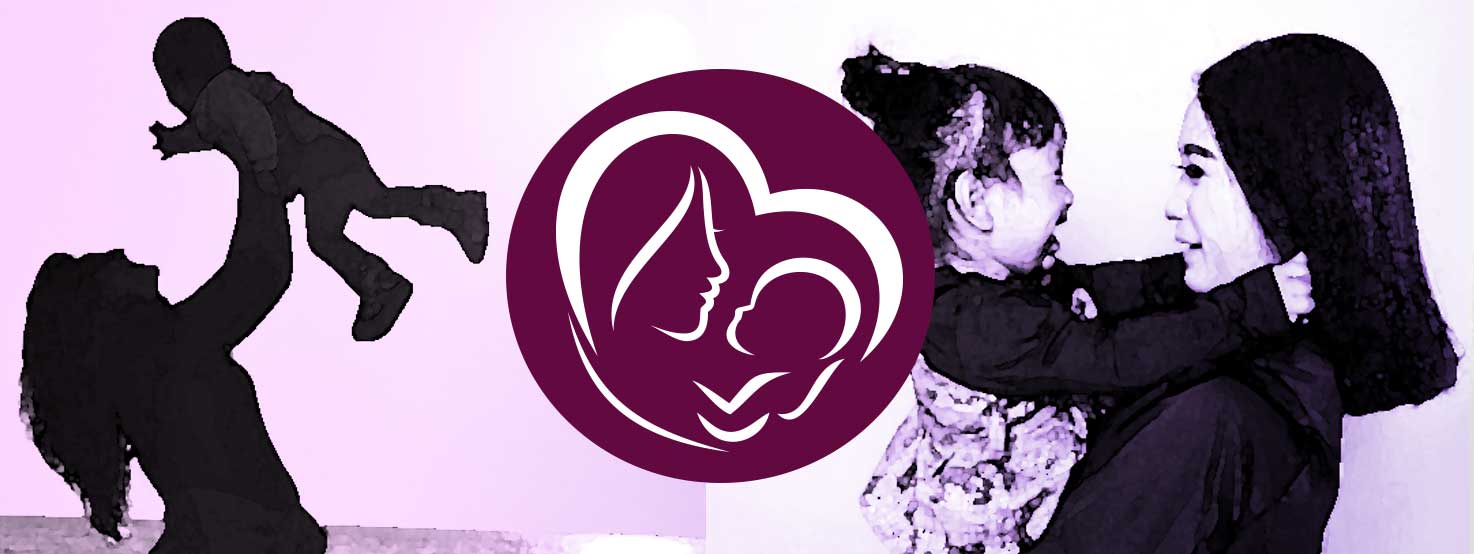Tackling the Silent Killer: How to Manage Your Blood Pressure
Did you know you can have high blood pressure and not even feel sick? This deadly condition can often hide until a major heart event strikes, which makes preventive screenings a key tool in managing your heart health. February marks American Heart Month, which aims to highlight the importance of heart health and raise awareness about the dangers of hypertension (high blood pressure).
Checking your blood pressure is quick, easy, and painless. Dr. Yekalo Beyene of the Laurel Health Centers sat down with Homepage to share how to get an accurate blood pressure reading at the doctor’s office, what those numbers mean, and how to successfully manage your blood pressure to keep your heart healthy.
Understanding Blood Pressure
Blood pressure refers to how forcefully your blood is circulated through your body by measuring the pressure on the wall of your arteries as blood passes through them to carry blood from your heart to other parts of your body. Your blood pressure is measured in two ways, systolic and diastolic pressure, which is why your BP reading consists of two numbers.
Systolic blood pressure is measured when your heart beats, which is when blood pressure is the highest. Diastolic blood pressure is measured between heart beats when your blood pressure is lowest. When interpreting a blood pressure reading, the systolic number is first, and the diastolic number is second. For example, “120 over 80” means 120 systolic pressure and 80 diastolic pressure. A healthy blood pressure value is 120/80 or lower—though just as there is high blood pressure, there is such a thing as blood pressure that’s too low, which can cause trouble like light-headedness or fainting.
Why Blood Pressure is Called the Silent Killer
High blood pressure, known clinically as hypertension, is called “the silent killer” because it often doesn’t have any obvious warning signs or symptoms. Many people with high blood pressure have no idea they have it, and high blood pressure can be quietly damaging their heart. Your family medicine provider and regular blood pressure screenings play a very important role in identifying and managing your risk for hypertension. Your blood pressure can provide a snapshot of your heart health, including whether you are at high risk for developing heart disease or suffering a stroke.
How Often Blood Pressure Should be Checked
How often you should check your blood pressure depends on your age, health, family history, and personal level of risk. Most people receive a blood pressure check at each visit to their doctor’s office. It is recommended everyone over 40 have their blood pressure checked at least once a year (e.g., as part of their yearly wellness physical). If you are at risk for heart disease, have elevated readings, or are on blood pressure medication, your doctor will recommend screenings more often. If you’re under 40 and in good health with stable blood pressure readings in the healthy range, your doctor may check your blood pressure every 2 years.
Getting an Accurate Blood Pressure Reading
To take your blood pressure, a healthcare professional will place a cuff on your bare arm and then manually or electronically tighten the cuff gradually to measure your pressures. It’s important to get an accurate blood pressure reading to know your personal heart health risks and to guide next steps should you need to improve it.
Did you know certain activities and foods can affect your blood pressure and skew the results? Here are a few common factors that can affect your blood pressure reading and how to manage them to assure a more accurate result:
– What you ate or drank right before your screening. Do not smoke, drink alcohol, or consume caffeine before your screening as they all temporarily affect your blood pressure. It’s best not to eat or drink for 30 minutes before your blood pressure is measured.
– Activity close to your blood pressure screening. If you just worked out or sprinted from the parking lot because you’re running late, your blood pressure will be elevated. Do not exercise within the 30 minutes before your screening.
– Your clothes and how you are sitting. Crossing your legs or letting your arm droop at your side rather than rest on a table at chest height can make your blood pressure go up. It’s also important to place the cuff on bare skin as clothing can interfere with the results.
– Feeling nervous. If you’re feeling anxious about your blood pressure numbers or being at the doctor’s office, you can actually drive your blood pressure higher. If you’re feeling nervous, take a few deep, calming breaths, think of something positive, and do your best to relax.
Feeling anxious about having a screening or being in a doctor’s office can increase your blood pressure and skew the results; this is known as “white coat syndrome.” If you still struggle with nerves even after taking calming breaths and trying to manage your stress, your physician may recommend taking additional blood pressure readings at home with an automatic cuff to compare those readings with the clinic’s readings to rule out white coat syndrome. You can also take advantage of a community screening or health outreach event to help you get accurate readings outside of the doctor’s office. Just always make sure you follow the instructions provided and continue to have a healthcare professional check your blood pressure at least once each year.
What You Can Do to Improve Your Blood Pressure
Our busy schedules often get in the way of focusing on our health, and it is human nature to put off things that seem scary or overwhelming. You don’t have to change everything at once. Start by working with your doctor to identify and prioritize your first steps. Together, you’ll come up with a plan that meets your health needs without feeling overwhelming. Improving your blood pressure numbers and keeping your heart healthy can start with taking a few simple steps at a time:
– Monitor your blood pressure. Knowing your numbers is the best way to spot rising blood pressure early and take the right steps to correct it. Make sure to keep up with annual screenings by a healthcare professional.
– Cut back your salt intake. Too much salt can negatively affect your heart and overall health. Pre-packaged meals, snacks, and heavily processed foods are major culprits for excess sodium, so pay careful attention to nutrition labels and moderate your salt intake. For most people, it’s recommended to consume less than 2,300 mg of sodium per day, but your doctor may recommend less if you’re already battling heart disease or have other chronic conditions.
– Quit tobacco. Smoking and vaping negatively impact your heart, including your blood pressure, and can dramatically increase your risk of heart disease and stroke. No matter how long you’ve used tobacco, quitting will improve your heart health and overall wellness. For tips on how to successfully quit, talk with your doctor or visit laurelhc.org.
– Get moving! Exercise helps our heart stay healthy, which means it can pump blood more effectively to the body. Taking the stairs, household chores, walking, dancing, and playing with your children or pets are all great ways to fit extra movement into your day.
– Medication. If you have high blood pressure, your doctor may recommend medication to help lower and maintain a healthy blood pressure level.
Are you concerned about your blood pressure or heart health? The Laurel Health Centers have you covered, offering award-winning primary and specialty care for the whole family throughout Tioga and Bradford Counties, including sites in Blossburg, Elkland, Lawrenceville, Mansfield, Troy, Wellsboro, and Westfield, PA. All locations offer both onsite in-person visits and telemedicine visits.
If you haven’t had your blood pressure taken recently, don’t wait—call 1-833-LAURELHC (1-833-528-7354) today for a health check-in at the LHC location of your choice.
Dr. Beyene sees patients of all ages at the Mansfield Laurel Health Center, located at 416 South Main St. in Mansfield, PA. To make an appointment with Dr. Beyene, call 570-662-2002.
For more information about blood pressure or Laurel Health’s services, visit laurelhc.org or facebook.com/laurelhc.
Yekalo Beyene, MD specializes in delivering primary care services in rural areas with a background in treating addiction and leading rural health initiatives to improve community wellness. Dr. Beyene also has in-depth experience working in FQHC settings and is proud to support Laurel Health’s mission of assuring everyone can access the healthcare services they need regardless of income or insurance status. He is currently accepting new patients of all ages. For more information or to make an appointment, call 570-662-2002 or visit laurelhc.org.
Credits:
Videography: Andrew Moore
Video Editing: Andrew Moore
Writing: Kristy Warren
Anchor: Natalie Himmelberger
Produced by Vogt Media
Home Page Sponsors: Laurel Health Centers























































